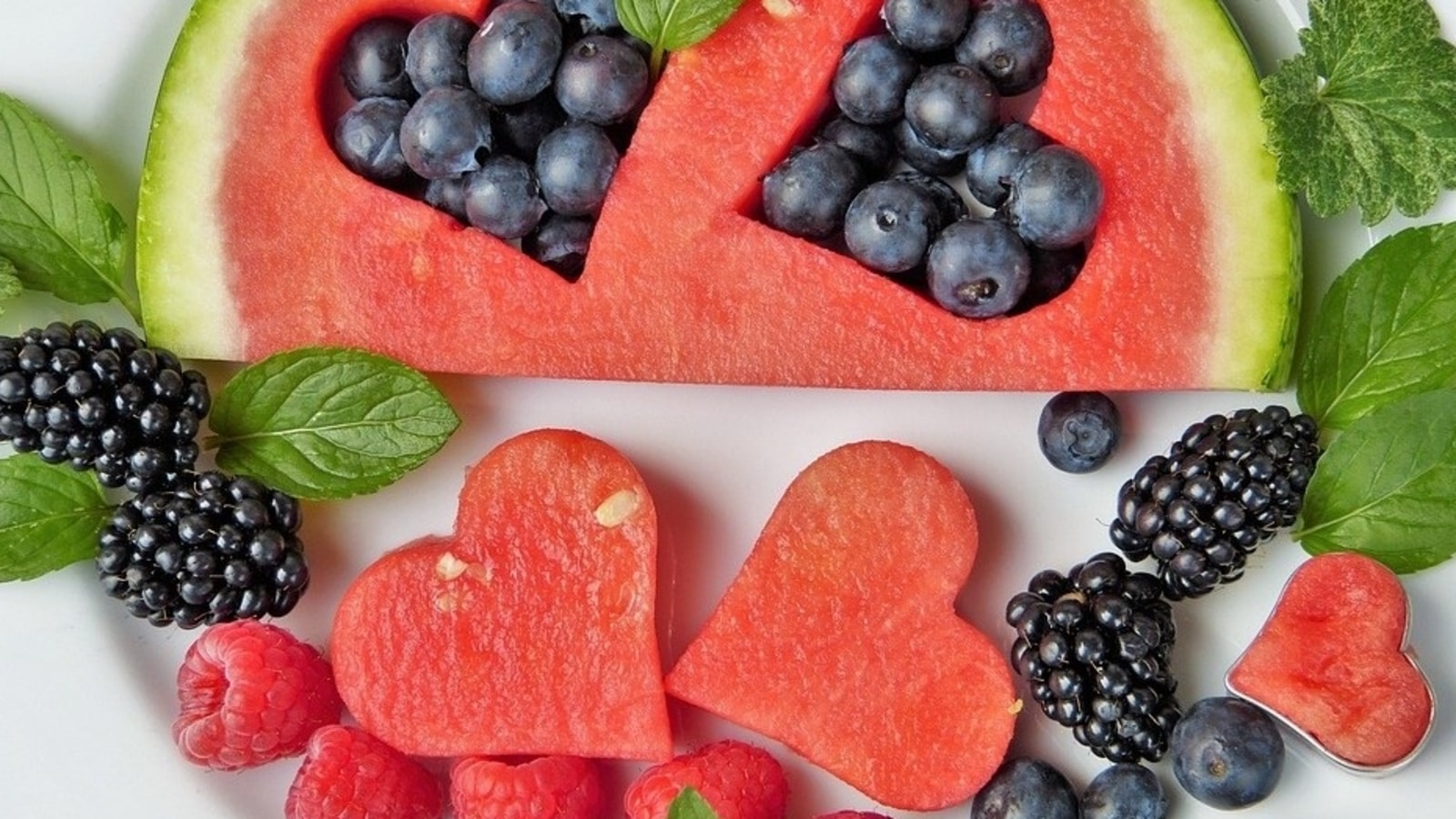world stroke day it’s just around the corner and it’s the perfect time to raise awareness about lifestyle changes that can prevent a stroke and reduce the chances of a second stroke. To avoid the risk of stroke, the best thing that can be done is to manage chronic diseases such as high BP, diabetes, high cholesterol, obesity, and heart disease that could make one more susceptible to stroke. Lifestyle changes can play an important role when it comes to preventing stroke, as they can help minimize the risk of clogged arteries. Saying no to alcohol, exercising regularly, avoiding smoking, losing weight, and managing stress can all help. (Also read: World Stroke Day: Warning Signs of Stroke Everyone Should Know About
Eating a well-balanced diet may be the easiest and fastest change you can make in your lifestyle. Adding fruits and vegetables, whole grains, fiber, protein, and other essential nutrients to your diet may help control almost any chronic disease and prevent clogged arteries.
Dr Vikas Gupta Director, Department of Neurosurgery, Kailash Deepak Hospital Delhi suggests dietary changes to reduce the risk of stroke.
Fruits and vegetables: Eating fruits and vegetables that are in season can help reduce your risk of stroke, as they are naturally low in fat and calories, but high in fiber. Fruits and vegetables also contain essential nutrients like potassium, fiber, folic acid, vitamin A, and vitamin C. Potassium-rich foods like white potatoes, bananas, tomatoes, prunes, cantaloupe, and soybeans can help keep blood pressure lower. normal range, which is considered one of the main risk factors for stroke. Magnesium-rich foods, such as spinach, also help minimize the risk of stroke. You should have at least two servings of fruit and include seasonal vegetables every day to reduce your risk of stroke and maintain a healthy weight.
fish consumption: They are high in omega-3 fatty acids and may also play a key role in maintaining healthy blood pressure and cholesterol.
whole grains: These are loaded with fiber, B vitamins (including folate and thiamin), magnesium, and iron that can help minimize your chances of a stroke. Therefore, it is recommended to choose whole grain bread and cereals, oatmeal and brown rice. Eat whole grain bread instead of refined white bread.
Opt for low-fat dairy products: Fat-free milk, yogurt, and cheese can help control type 2 diabetes and high blood pressure and reduce the risk of stroke.
Refrain from eating foods rich in cholesterol: Fast foods like hamburgers, cheese, and ice cream can increase your risk of having a stroke.
Physical activities to prevent stroke
Exercise plays a key role in minimizing several risk factors for stroke, including hypertension, diabetes, obesity, cholesterol, and stress.
– Twenty minutes of brisk walking at least four times a week is considered good exercise. Helps keep blood sugar level under control. It also keeps your heart healthy.
– Practicing yoga is also good to keep you healthy.
– Be active in your daily life- Small daily activities like walking instead of taking the car, taking the stairs instead of the elevator, gardening and housework help you stay healthy and reduce your risk of having a stroke .
.
